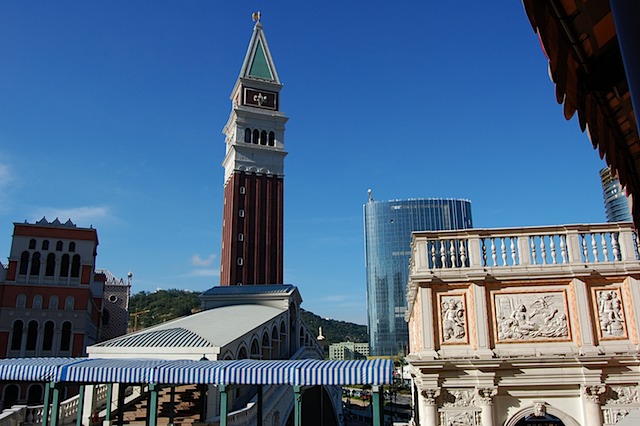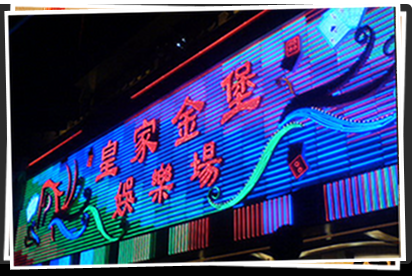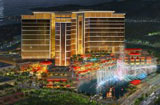
We would understand if Sheldon Adelson, boss of Las Vegas Sands Corp., decided to give up on Lot 7&8 right now and knock those buildings off his scale model of the Cotai Strip. As the Marina Bay Sands is showing, there are jurisdictions in Asia other than Macau where it’s possible to make a pile of money from an integrated resort; more importantly, there are places where you don’t have to worry about labor quotas, onerous taxes, and village politics, nor the constant worries of a price war.
It could be that Adelson chose the opening party of MBS this week to talk at length about the potential to build “five other Vegas” developments in Asia because he wanted to send a message to the Macau and Chinese governments. It could also be that he was just juiced by the occasion and could not help himself from thinking about the next ridge to charge. Whatever his motivation, we can see how attractive markets like India and Japan, not to mention Korea – where he is heading this weekend – might seem right now. His Macau projects are throwing off great cashflow, to be sure, but operating in Macau also provides him with endless headaches, even if many are of his own making.
We would not be surprised if Sands China does US$1.2 billion in ebitda this year, given the way revenues are surging. And there is still plenty of capacity at Venetian to handle growth in the mass market. But does his company really need to do anything beyond Lot 5&6 and Lot 3? Why keep so many eggs in one basket by continuing to build in a place that has a 40 per cent gaming tax and where junkets can make the difference in several percentage points of market share every month? Indeed, we can see strong evidence that Adelson has had enough of the difficulties of building what he was originally asked to build when he won his license here in 2002. His heart seems to be no longer in the place, even if his wallet is.
If that is truly the case, we would have to wonder about the implications for commissions and revenue-share deals with junkets around town in the coming weeks and months. It is quite obvious that the Venetian, Plaza and Sands casinos have been steadily losing share of rolling-chip junket play in recent months due to their stubbornness in not discounting heavily enough to the junkets, preferring to focus on where the ebitda margins lie, in mass and premium-direct. But we cannot see a reason why Adelson would let this go on indefinitely. Why not have your cake and eat it? Why not hoover up the mass and premium-direct while at the same time taking rolling-chip volumes away from the competition? Why should Galaxy continue to get away with rolling-chip volumes of MOP 48 billion a month at such mediocre properties?
One obvious reason is, of course, that discounting to the junkets means Sands would also have to increase rebates to the direct-VIPs who are playing on rolling-chip programs in-house. That doesn’t help margins. But it also needs to be evaluated against the increased revenue generated by higher roll volumes. Sometimes, this is six of one and half a dozen of another.
We understood the strategy of standing up to the junkets before. It made sense when we thought Adelson still saw Macau as the place to be putting all his efforts for the ultimate prize of such a massive market, especially when City of Dreams had just opened and it made sense to avoid a price war on Cotai. But we’re not so sure he thinks that way any more. Marina Bay Sands will become his single most profitable property within a couple of years, we would wager, while Japan could be even more so if done right. So if Sands China’s market-share number dips below 20 per cent this month, we think there is reason to believe he might just say, “screw it, why not?” and let slip the dogs of war. As the old saying goes, be careful of what you wish for, for you may just get it. Adelson’s competitors would do well to remember that.
Used with permission & copyright to IntelMacau





















